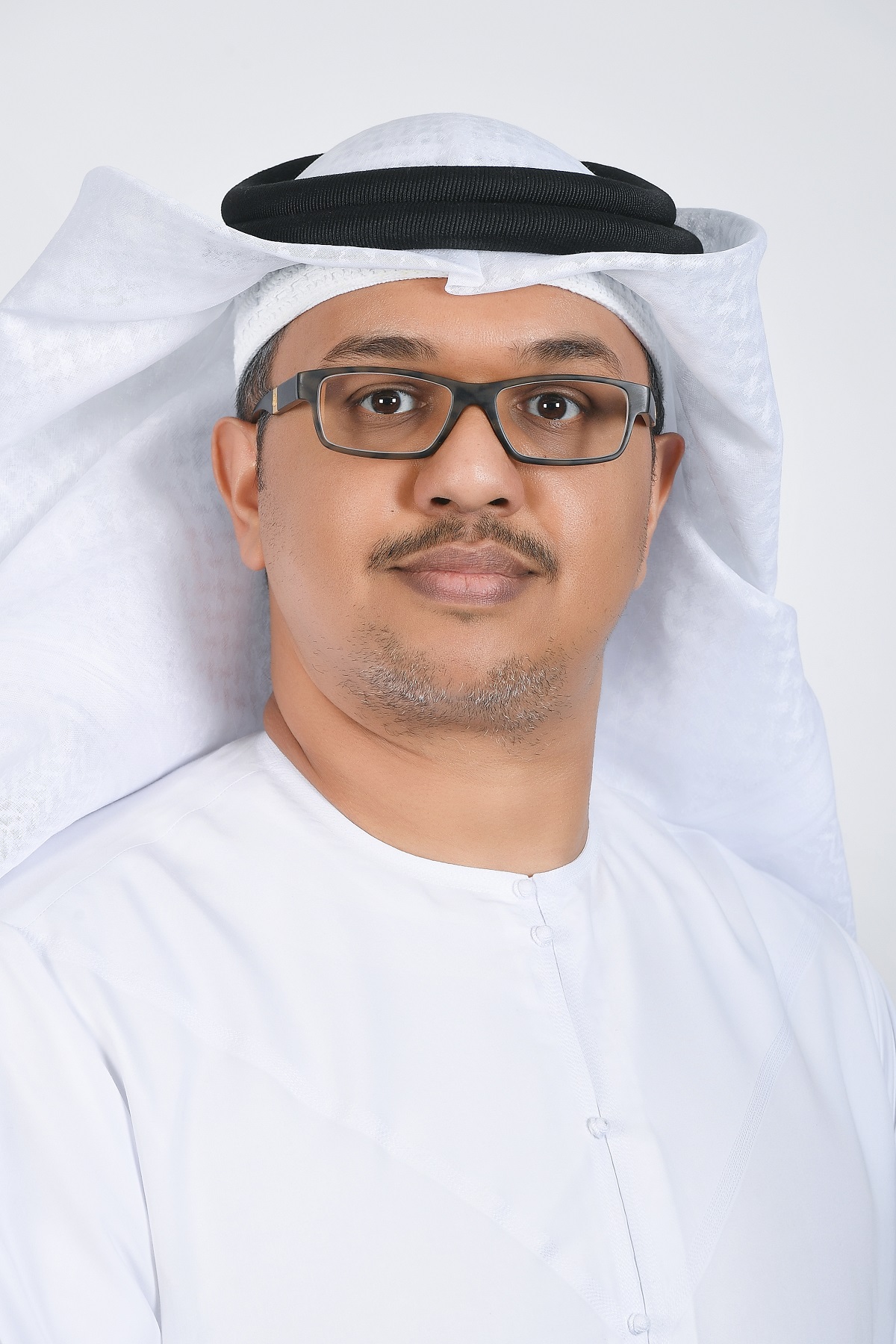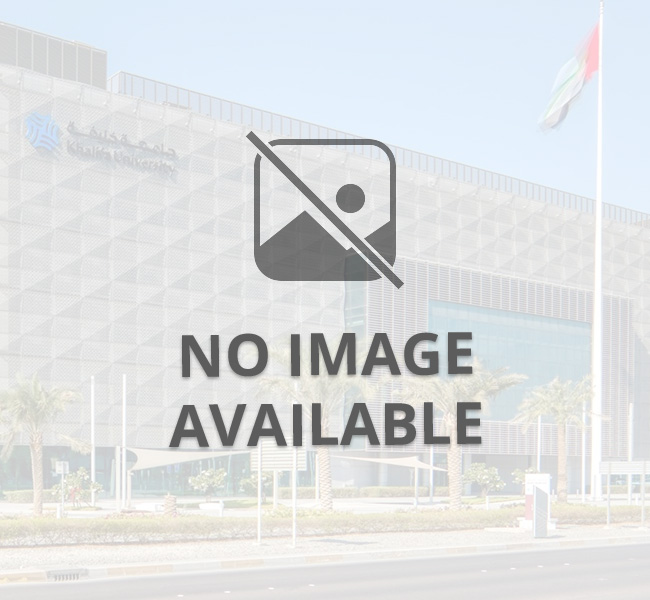- Admissions
- Academics
- Research Office
- Student Life
- News & Events
- Outreach
- About

Dr. Waleed AlAmeri received his BSc degree in Petroleum Engineering from the Louisiana State University, Baton Rouge, LA, USA, in 2006. He went to graduate school at Colorado School of Mines, Golden, CO, USA, and received his MSc and PhD degrees in Petroleum Engineering in 2010 and 2015, respectively.
Dr. AlAmeri joined Khalifa University in Abu Dhabi (Department of Petroleum Engineering) in May 2015 as an assistant professor. The topic of his PhD was on “Low Salinity Waterflooding in a Low Permeability Carbonate Formation of a Giant Middle East Field.” He was the director of Freshman Year Experience Program (FYE) in Petroleum Institute (PI) from January 2016 - January 2018. Dr. AlAmeri’s research interests are focused on the areas of reservoir engineering and EOR/IOR methods.

Evaluation of the injectivity and adsorption characteristics of polymers for EOR applications
(PI-$108,843-Funded by Khalifa University): Several polymer candidates were tested by starting with their rheological evaluations at ambient as well as high temperature conditions using high temperature-high pressure cell. Chemical stability was evaluated by utilizing high-efficiency glove box with O2 levels less than 5ppb, with ovens kept inside the glove box to ensure strict anaerobic conditions. Polymer solutions were evaluated further for their Filtration Ratio tests and then assessed for the injectivity characteristics using state of the art mini-coreflood system, which employs mini core samples to reduce injectivity tests durations down to only a few hours. Dynamic as well as static adsorption studies and determination of inaccessible pore volume revealed the suitability of polymer solution for the given EOR project.

Maximizing Recovery in CO2-EOR by a Holistic, Bottom-Up, and Multi-Scale Experimental and Simulation Approach involving Machine Learning Optimization (PI-$749,788-Funded by Khalifa University):
The project aims to develop a holistic, yet focused, experimental and Simulation optimization approach involving novel nanoscale experimental tools coupled to artificial intelligence (AI) in order to provide a solid pathway for maximizing efficiency and recovery upon CO2-based EOR. The project involves additives development and evaluation, core-flooding experiments, rheology studies and CO2-additive-oil flow evaluation, studies on rock physicochemical characteristics, pore analysis, and rock–CO2-additives interactions, in-situ neutron scattering experiments, all integrated into the development of Machine Learning (ML) simulations and optimization algorithms. With this appoach, we target bottom-up optimization, provided by the proposed toolset, which is applied for the first time in EOR. CO2-EOR will be the focal case study, but the technology to be developed will have the potential to be expanded and applied to other EOR technologies of interest, such as polymer-EOR.

Residual Oil and Remaining Oil Evaluation in Abu Dhabi Carbonate Reservoirs (PI-$4,000,000-Funded by ADNOC):
The focus of this study is on the determination of residual oil saturation in the laboratory for carbonate reservoirs using both centrifuge and flooding experiments. The experiments are performed on both outcrop and reservoir core samples using reservoir and laboratory oil. The core samples used in the study span a wide range of permeability and porosity representing different carbonate reservoirs in Abu Dhabi. Artificial Intelligence (AI) is also part of this funded project.